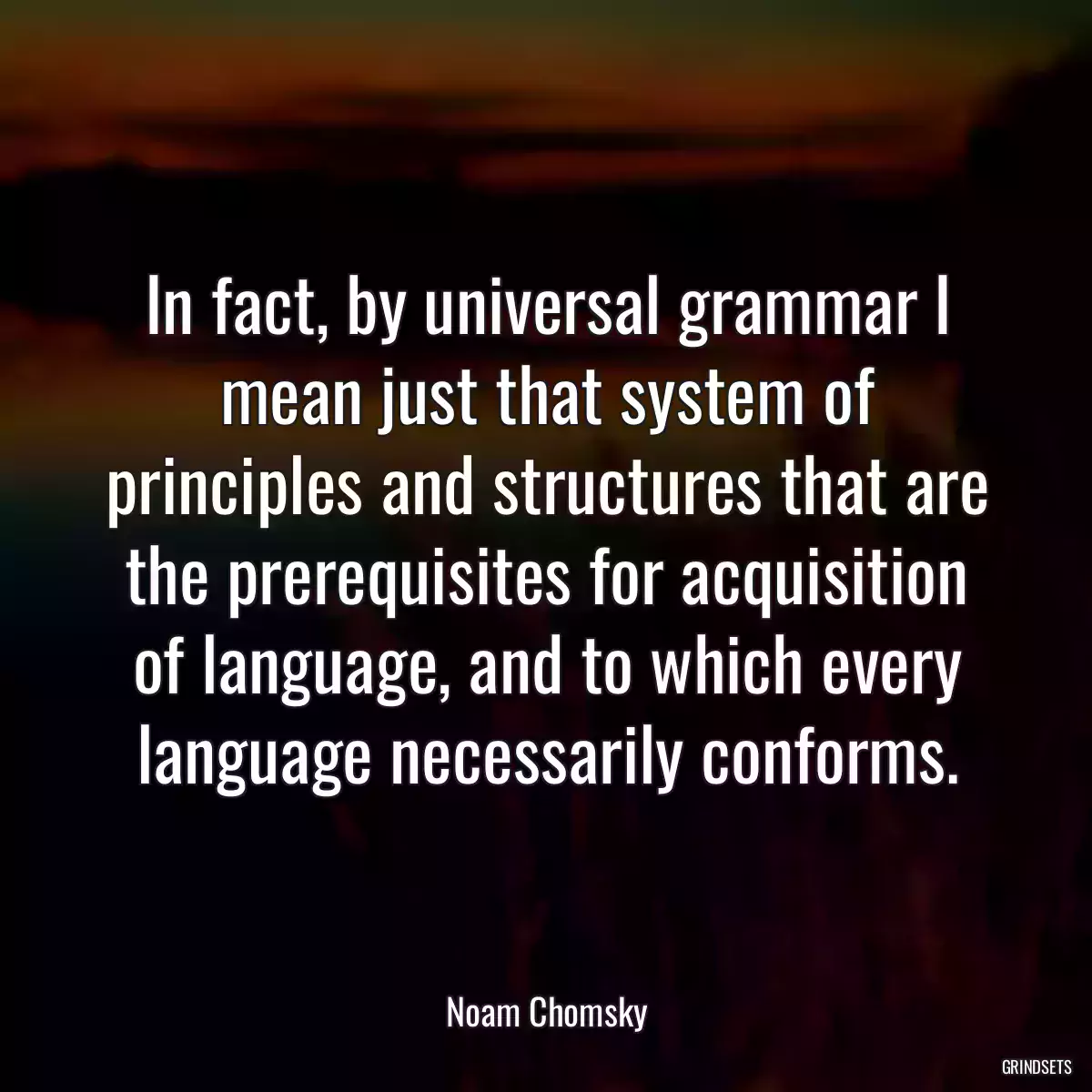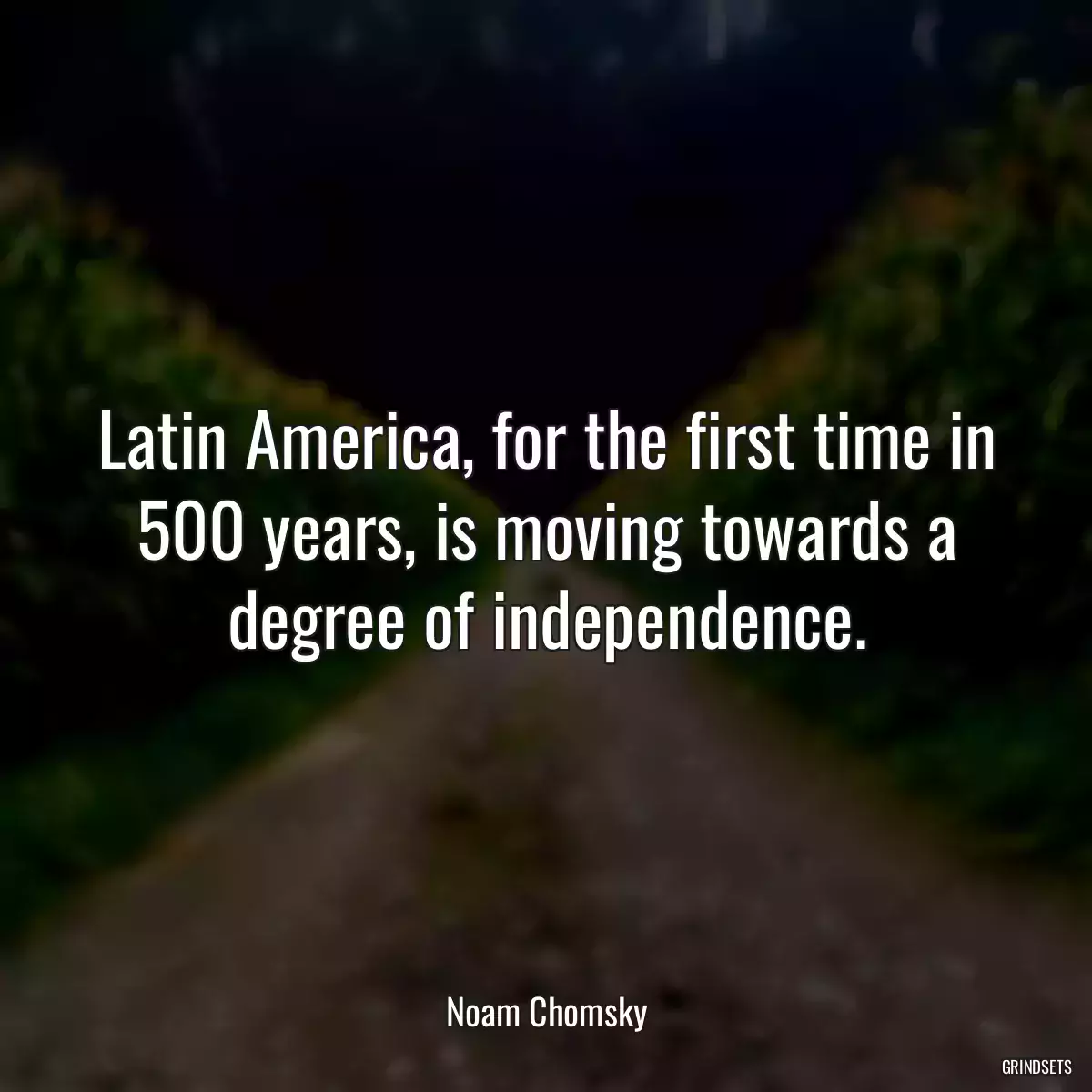![[Mikhail] Gorbachev said that he would agree to the unification of Germany, and even adherence of Germany to NATO, which was quite a concession, if NATO didn\'t move to East Germany. And [George] Bush and [James] Baker promised verbally, that\'s critical, verbally that NATO would not expand \](/fotos/7e/7eb8718cd18ae0332a0c5238d9eda661.webp)
[Mikhail] Gorbachev said that he would agree to the unification of Germany, and even adherence of Germany to NATO, which was quite a concession, if NATO didn't move to East Germany. And [George] Bush and [James] Baker promised verbally, that's critical, verbally that NATO would not expand "one inch to the east," which meant East Germany. Nobody was talking about anything farther at the time. They would not expand one inch to the east. Now that was a verbal promise. It was never written. NATO immediately expanded to East Germany.

